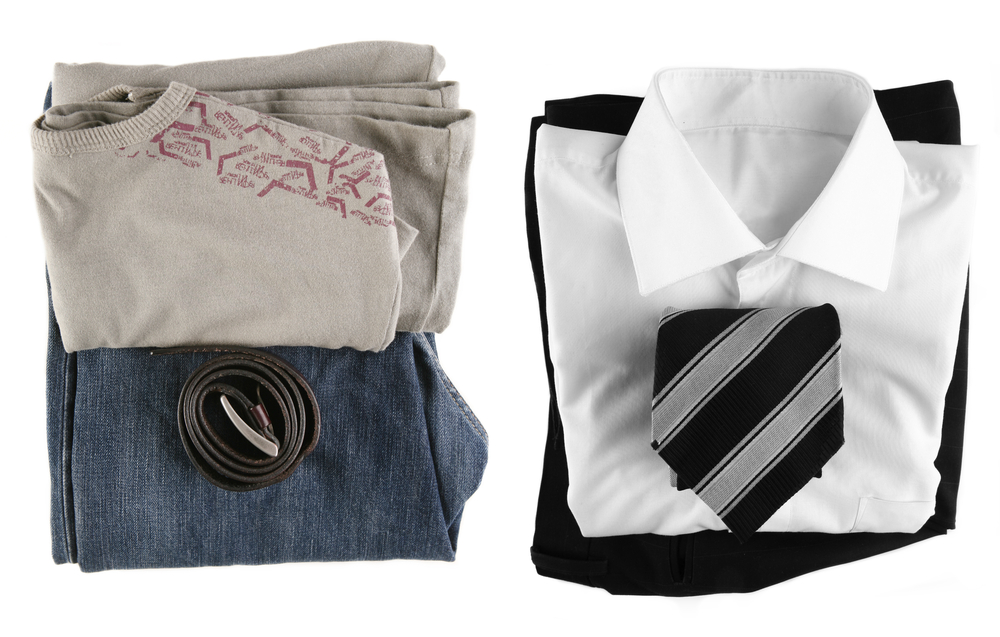
So, when is Faith going to go with uniforms?
I’m posed with this common question from time to time. One of my initial thoughts is “can our dress code help us to meet our mission?”
Measuring Compliance Isn’t the End Goal
The mission of Faith Christian School is to help parents raise their children to live effectively in God’s world. So, how does dress code help parents to meet this mission? The intent of our dress code is to honor Christ in the appearance of the students in modesty, appropriateness, and neatness. The dress code is not intended to measure spirituality, but rather to serve as a tool in fostering the development of a student’s character. Our students are going to be placed in many situations involving what dress is appropriate and what constitutes as modest apparel. Our desire is to see them successful in any a variety of situations and circumstances.
Easier Isn’t Always Better
The dress code is not intended to measure spirituality, but rather to serve as a tool in fostering the development of a student’s character.
I realize that many schools have adopted uniforms in their dress code, and many of these schools have legitimate reasons for doing so. At FCS, we are seeking practical ways to help parents teach their children lessons that they will face for the remainder of their lives. I think parents can miss some great teachable moments with their children, in the area of dress, if they are unwilling to say “no” or “let’s try to find something a little better” while at the mall shopping for clothes. It can be a challenge and an uphill battle, but if we can be committed to helping our young people in these areas, I’d say that time spent was a worthwhile investment.
Opportunities to Train
I believe that trying to focus on areas of modesty, appropriateness, and neatness really help our students determine important skills needed for life.
Modesty
Modesty is defined as making sure our bodies are covered in such a way as to honor the Lord and not to offend and/or tempt those around us. I understand how challenging it can be in our day and culture to actually find clothes that are modest. With determination and a focus on modesty, it is possible to purchase modest clothing.
Appropriateness
Being appropriate in one’s dress includes presenting oneself in a manner that fits the occasion. Even in a school setting, our students find themselves in a variety of different situations. At times, we may have a special chapel ceremony where we ask our students to dress up. Other times we may be involved in a camp or retreat and our students attend wearing t-shirts and shorts. I highly doubt that any teenager would wear his/her school uniform to a social event. However, having personal standards of dress that are acceptable, appropriate, and modest would serve any person well for the rest of his or her life. Understanding and knowing the appropriate occasion is a valuable lesson for students in their future.
Neatness
Lastly, neatness includes a clean look that is proper and in good shape. I appreciate teaching in classrooms where neatness is expected. Neatness is not only expected in the students’ dress but also in the expectations of student homework, projects, and presentations.
Can a dress code help a school meet its mission? When a student’s attitude and understanding of dress can help them live effectively in God’s world, I believe the answer to that question is a resounding “yes!”
 Christian School
Christian School
Comments are closed.